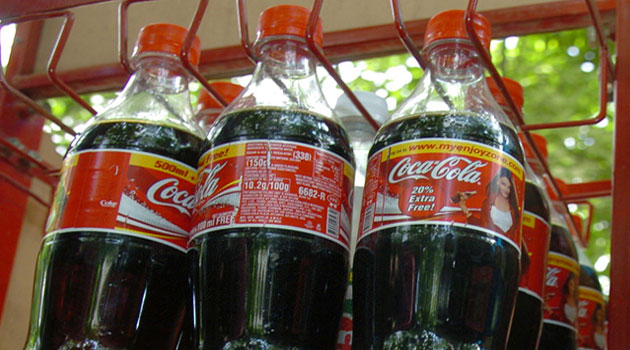
The new bottler, Coca-Cola Beverages Africa, will serve 12 high-growth countries accounting for 40 percent of all Coca-Cola beverage volumes in Africa/FILE
The new bottler, Coca-Cola Beverages Africa, will serve 12 high-growth countries accounting for 40 percent of all Coca-Cola beverage volumes in Africa.
With more than 30 bottling plants and over 14,000 employees, Coca-Cola Beverages Africa will be the largest Coca-Cola bottler on the continent, with the scale, complementary capabilities and resources to capture and accelerate top-line growth.
On full completion of the proposed merger, shareholdings in Coca-Cola Beverages Africa will be SABMiller: 57.0 percent, Gutsche Family Investments: 31.7 percent and The Coca-Cola Company: 11.3 percent.
The company’s headquarters will be located at Port Elizabeth; South Africa, Gutsche Family Investments Chairman Phil Gutsche will be the Chairman of the company.
As part of the transaction, The Coca-Cola Company will also acquire SABMiller’s Appletiser brands on a worldwide basis, and be licensed rights to a further 19 non-alcoholic ready-to-drink brands in Africa and in Latin America, at Sh23.4 billion (US$260 million).
SABMiller will however retain ownership of its non-alcoholic malt beverages in Africa and Latin America and will retain its Coca-Cola franchises in El Salvador and Honduras.
The Coca-Cola Company Chairman and Chief Executive Officer Muhtar Kent says Africa offers significant growth potential in beverages, owing to the rising personal disposable income, a fast-growing population and increasing per capita consumption.
“Soft drinks are an important element of our growth strategy. This transaction increases our exposure to the total beverage market in Africa. The opportunity is significant, with favourable demographics and economic development pointing to excellent growth prospects,” said Alan Clark, SABMiller Chief Executive.
On his part GFI Chairman Phil Gutsche, said, “Our family sees this merger as an important and logical step to enable Coca-Cola Beverages Africa to optimise the opportunities for development in the rapidly-evolving Africa beverage market. We are very excited about the opportunity and are totally committed to ensuring that Coca-Cola Sabco’s distinctive culture is successfully integrated with that of our new partners in order to create an even more successful business in the future.”
In the first phase which is expected to be completed within six and nine months, SABMiller will contribute its Coca-Cola bottling franchise (ABI) and Appletiser bottling businesses in South Africa, together with its soft drinks businesses in Comoros and Mayotte, as well as its water businesses in Ethiopia, Kenya and Uganda.
GFI will contribute Coca-Cola Fortune in South Africa and its other African Coca-Cola bottling businesses in Ethiopia, Kenya, Mozambique, Namibia, Tanzania and Uganda.
The Coca-Cola Company will contribute its South African soft drinks bottling businesses, Coca-Cola Canners, Valpré, and Coca-Cola Shanduka Beverages.
In Phase II, SABMiller intends to contribute its Swaziland soft drinks bottling business, and the soft drinks bottling businesses of its listed subsidiaries in Botswana and Zambia to Coca-Cola Beverages Africa.
Completion of Phase II is subject to a number of customary closing conditions, including regulatory approvals and requisite shareholder approvals, and is expected to complete 12-18 months after the completion of Phase I.


































